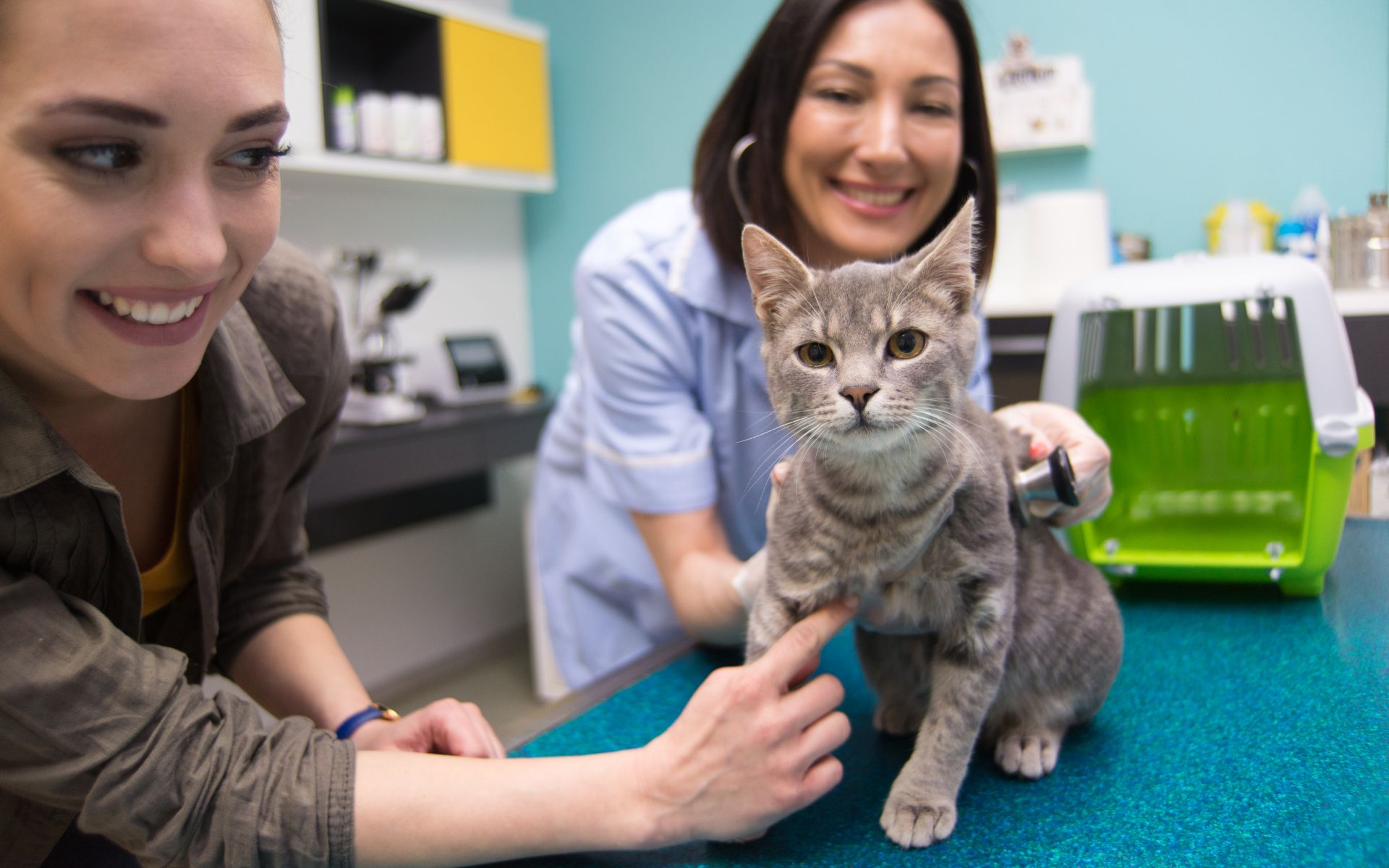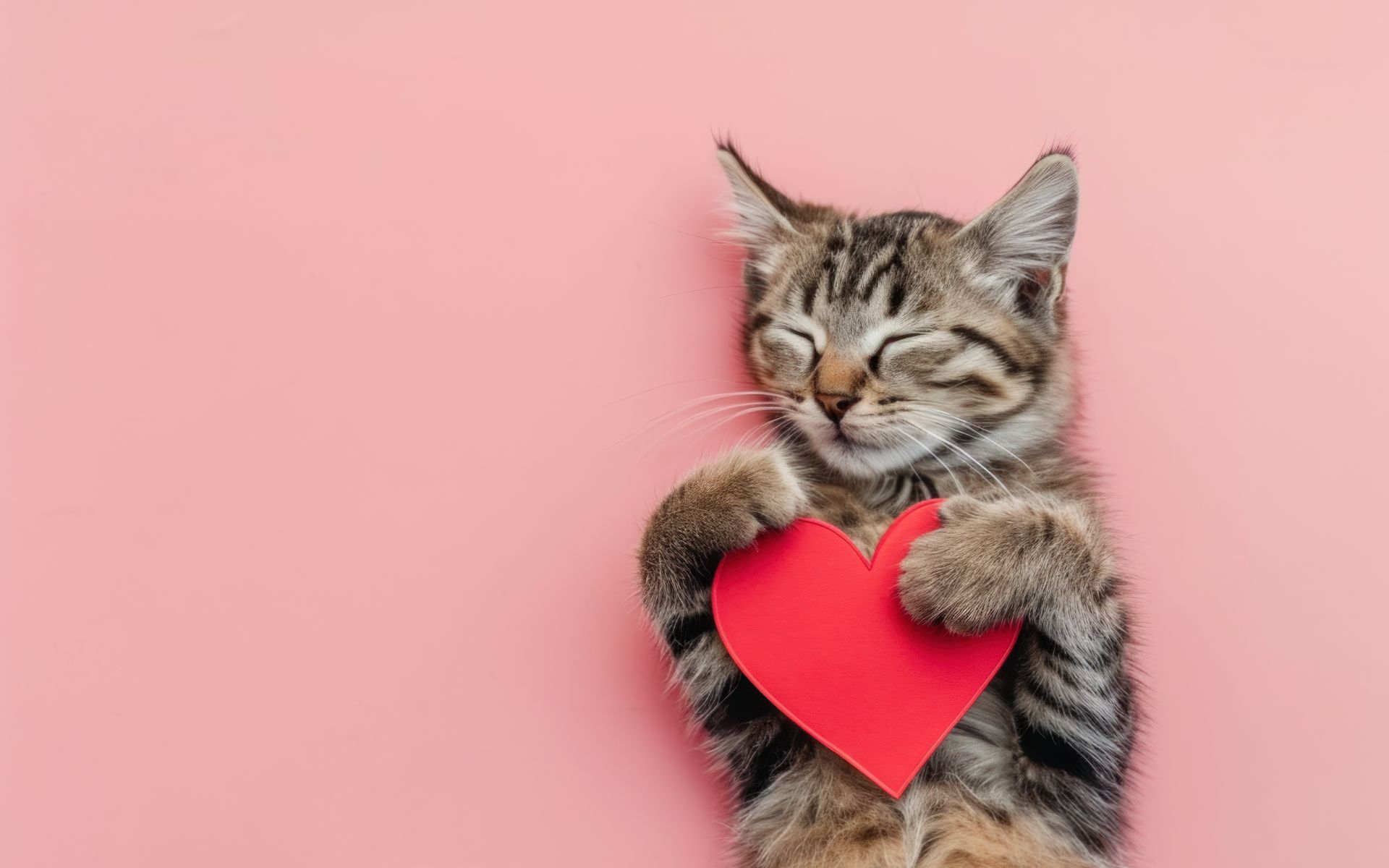
When it comes to keeping cats, one of the most debated topics is whether they should stay indoors or be allowed outside.
The short answer is that indoor cats live longer, healthier lives compared to those that spend their time outdoors, such as barn or feral cats. That’s why we at Cumberland County Animal Hospital recommend keeping your cat indoors for their safety and well-being.
Risks of Outdoor Cats
Traffic Accidents: Outdoor cats are at greater risk of being hit by cars, especially in busy areas.
Unwanted Litters: Cats allowed outside often aren’t spayed or neutered, leading to unwanted pregnancies and more kittens.
Animal Fights: Cats who roam outside are more likely to get into fights with other animals, including dogs and wild animals, potentially leading to infections or worse.
Exposure to Diseases and Parasites: Outdoor cats are more prone to diseases such as rabies or feline leukemia, along with pests like fleas, ticks, and ear mites.
Extreme Weather: In climates with extreme heat or cold, outdoor cats face dehydration, frostbite, or hypothermia.
Toxins: Cats exploring garages, sheds, and gardens are at risk of ingesting harmful chemicals, such as antifreeze or pesticides.
Human Threats: Unfortunately, some people may harm cats on their property out of frustration, and this can lead to poisoning or injury.
Keeping Your Indoor Cat Happy & Healthy
While indoor cats tend to be healthier, they can become bored and sedentary. This can lead to weight gain and less grooming. Luckily, there are ways to keep them entertained and active.
Consider adopting another pet for companionship or offering interactive toys, like laser pointers, to engage your cat. Scratching posts are also a must, preventing damage to furniture and keeping their claws in check.
Be mindful of household plants, as some—such as lilies and Aloe Vera—can be toxic to cats.
Creating an Indoor Oasis
Indoor cats can enjoy the outdoors in a safe way with “catios” (enclosed patios), or window enclosures that allow your cat to bask in the sun and breathe fresh air. You can also provide cat grass for an added taste of the outdoors.
If you want to take your cat outside, always use a leash and supervise them closely during their outdoor adventures.
To keep your cat in the best health, don’t forget regular vet visits. We can ensure your cat receives the necessary vaccinations and help protect them from parasites. Schedule your next visit today at Cumberland County Animal Hospital!


The Latest
Regular grooming is essential for your pet’s health, preventing mats, promoting a shiny coat, and removing debris. Trust professionals to ensure effective grooming.
Ensure a safe Halloween for your pets by keeping them away from chocolate, candy, and decorations that could be harmful or toxic to them.
Keep your pets safe and happy this holiday season by steering clear of festive foods, decorations, and surroundings that could harm their health.



